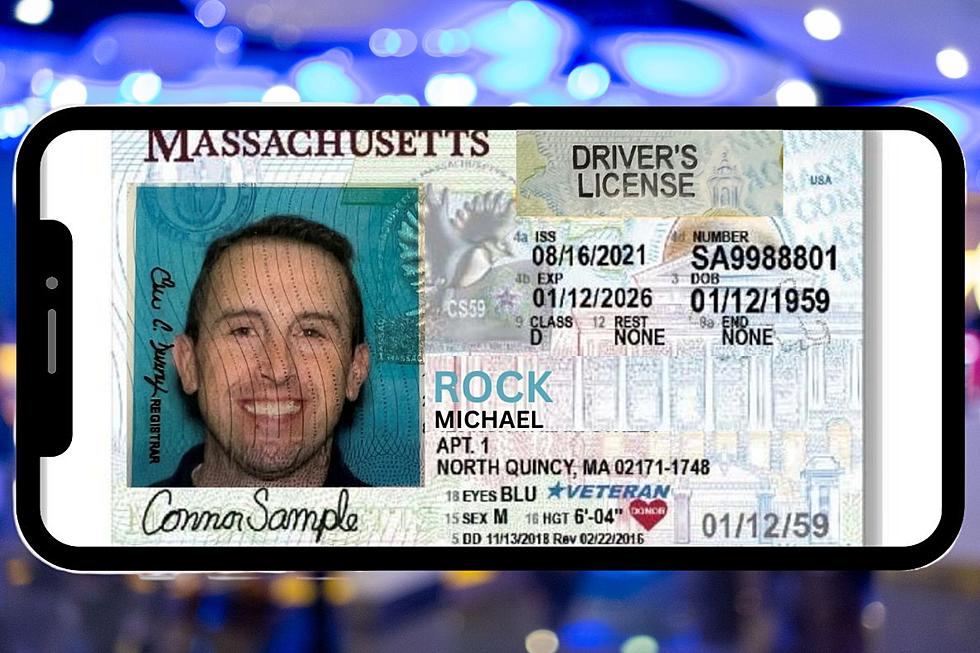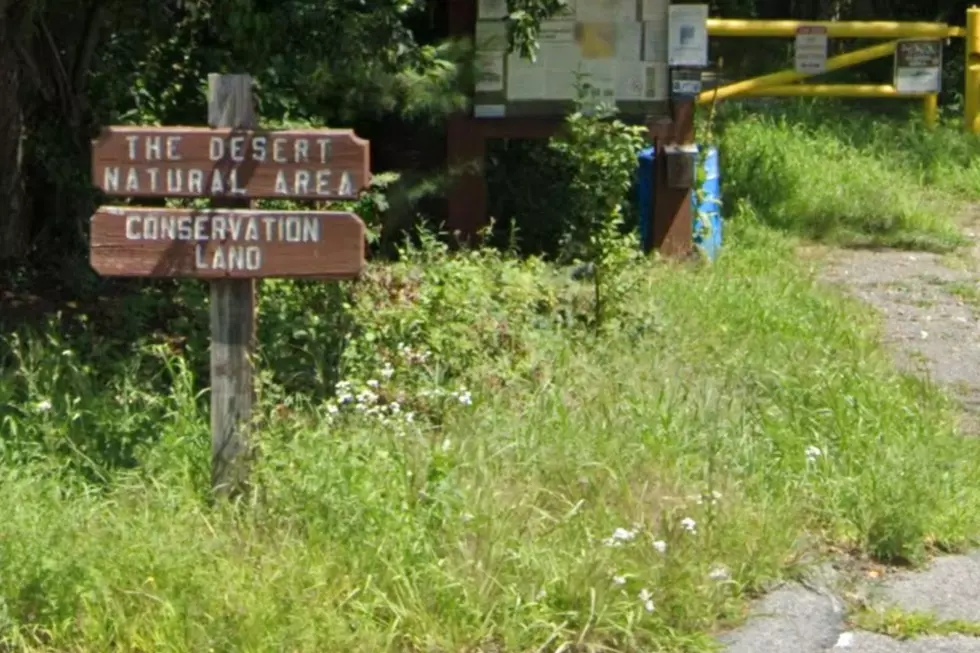![Ranked-Choice Voting Is Baffling [PHIL-OSOPHY]](https://townsquare.media/site/518/files/2020/10/RS19825_GettyImages-616120794-scr.jpg?w=980&q=75)
Ranked-Choice Voting Is Baffling [PHIL-OSOPHY]
Ask someone you trust if they will explain "ranked-choice voting" so you can understand what it's all about. Good luck with that inquiry.
If you vote yes and it passes, the law would create a new voting system, at an extra cost, in which you rank one or more candidates by order of liking. In other words, you'd rank candidates in order of partiality, and then votes would be counted in rounds, eliminating candidates with the lowest votes until one candidate has received a majority.
Now that you understand that song and dance, turn around and explain the new system to your grandmother and to someone for whom English isn't their first language.
This proposed law is very confusing for the everyday voter, but also for the folks who count the ballots. There's a lot to comprehend with ranked-choice voting, and one of my thoughts is that the more perplexing you make voting, the greater the chances are for error.
As I got into studying it, another one of my takeaways is that ranked-choice voting is a blueprint to totally change future elections as we know them, and it will allow candidates with marginal support from the voters to win.
To be fair, there are a couple of constructive points to ranked-choice voting, but all things considered, they don't outweigh the wisdom that it's better to stay with a system we are familiar with and one that is established by our state constitution.
That said, I don't favor changing the voting law. I will vote "no" on Question 2. For me, ranked-choice voting is a poor choice.
Phil Paleologos is the host of The Phil Paleologos Show on 1420 WBSM New Bedford. He can be heard weekdays from 6 a.m. to 10 a.m. Contact him at phil@wbsm.com and follow him on Twitter @PhilPaleologos. The opinions expressed in this commentary are solely those of the author.

More From WBSM-AM/AM 1420









